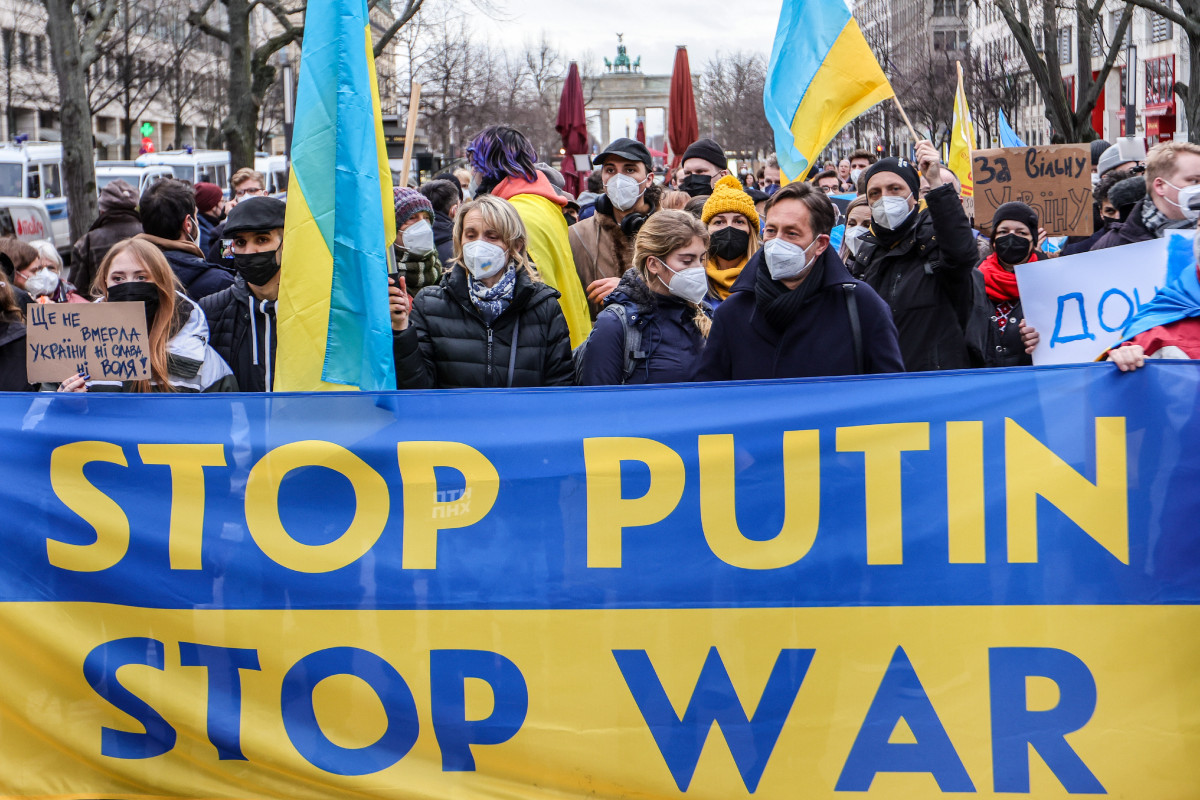In a significant revelation, External Affairs Minister (EAM) S Jaishankar emphasized a perceptible change in the way America perceives India today, highlighting that the two countries now engage on a more equal footing. Speaking at the Manthan: Townhall meeting in Nagpur, Maharashtra, Jaishankar shared his observations from the visit to the United States in June, accompanying Prime Minister Modi.
“Last June, when I went to the US with PM Modi, I felt there is a difference in the way in which America views India today. The level of how we deal with each other is more equal,” noted Jaishankar during the townhall meeting.
This shift in dynamics, according to Jaishankar, is underpinned by the acknowledgment of India’s crucial role in the global technology landscape. Furthermore, he highlighted the evolving enthusiasm among American businesses for India, signifying a positive change in bilateral interactions.
“The level of how we deal with each other is more equal,” reiterated Jaishankar, emphasizing the growing parity between the two nations.
On the historical context of India-US relations, Jaishankar remarked on the transformation from a challenging and somewhat negative relationship post-Independence in 1947. He credited the beginning of this shift to Atal Bihari Vajpayee’s tenure as the Indian Prime Minister, particularly citing the nuclear deal as a pivotal moment.
Speaking on India-US relations, he said: “What was a very difficult, almost negative relationship from 1947 till the next 50 years, started changing under Atal ji and the change continued thereafter. We saw the nuclear deal.”
Atal Bihari Vajpayee, serving three terms as the Indian Prime Minister, played a crucial role in reshaping the narrative, with a notable period from 1998 to 2004.
The Indo-US nuclear agreement, initiated in July 2005 during Prime Minister Manmohan Singh’s visit to the US, focused on non-proliferation of weapons of mass destruction. This agreement laid the foundation for enhanced cooperation between the two nations in subsequent years.
The recent statements by President Joe Biden underscore the significance of the friendship between the United States and India, deeming it among the most consequential globally. The two countries have signed several major deals aimed at elevating their strategic technology partnership.
Earlier, the United States expressed support for India’s emergence as a leading global power and a vital partner in promoting a peaceful, stable, and prosperous Indo-Pacific region. The US-India relationship is characterized as one of the most strategic and consequential of the 21st century, according to a fact sheet released by the US State Department.
Key highlights from the fact sheet include the establishment of strong defense industrial cooperation, with a focus on co-development and co-production of essential military capabilities for both countries. In a significant move in 2023, the US approved a groundbreaking manufacturing license for the co-production of GE F414 engines in India.
Furthermore, both nations launched an educational series aimed at preparing startups and young innovators to contribute to the defense industries in both countries. Cooperation extends to the bilateral US-India Counterterrorism Joint Working Group and the Defence Policy Group, as outlined in the fact sheet.
The United States and India share a common vision for deploying clean energy at scale, evident in both countries’ ambitious 2030 targets for climate action and clean energy. Exploring avenues for increased mineral security cooperation, they aim to advance their clean energy goals through initiatives like the Minerals Security Partnership.
Collaboration extends to the Strategic Clean Energy Partnership and the Climate Action and Finance Mobilisation Dialogue. India’s signing of the Artemis Accords in June signals a common vision for the future of space exploration for the benefit of humanity, as stated by the US State Department.
Multilateral cooperation is evident in their engagement through various organizations and fora, including the United Nations, G20, Association of Southeast Asian Nations (ASEAN)-related fora, International Monetary Fund, World Bank, and World Trade Organization.
“The vibrant people-to-people ties between our countries are a tremendous source of strength for the strategic partnership,” states the fact sheet. Highlighting the Indian community of over 4 million in the United States as a vital driver of collaboration, innovation, and job creation in both countries.
In essence, the evolving dynamics between the United States and India signify a paradigm shift towards a more equal and collaborative relationship. The acknowledgment of India’s significance on the global stage, coupled with joint initiatives across various sectors, paints a picture of a robust and mutually beneficial partnership poised for further growth and development.

